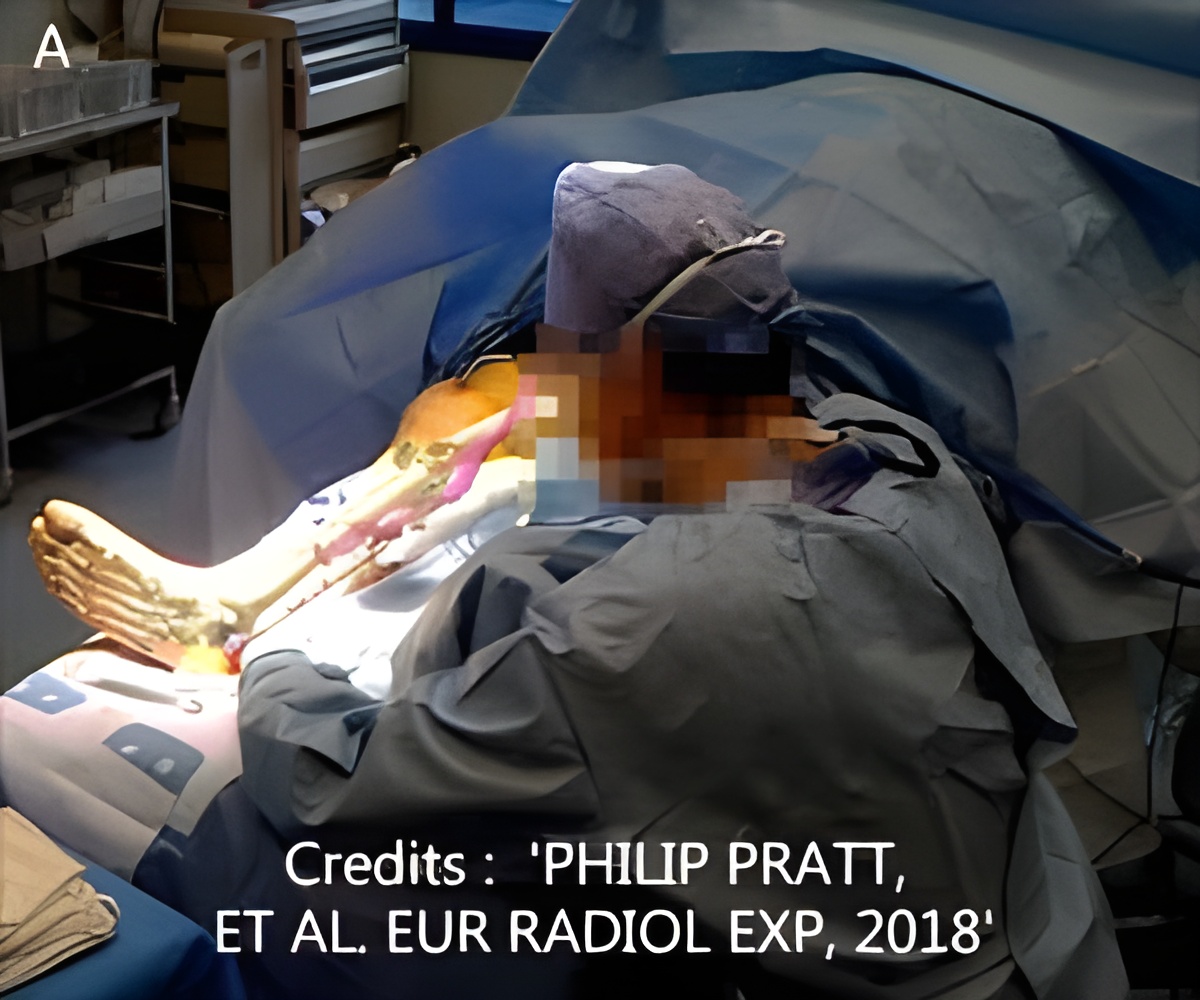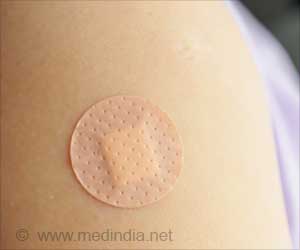Surgeons used HoloLens (AR headset) to peer into patients’ body. HoloLens is a self-contained computer headset that immerses the wearer in 'mixed reality'.

‘Surgeons used Microsoft's Augmented Reality (AR) headset HoloLens to see through tissue and reconnect blood vessels while operating on patients undergoing reconstructive lower limb surgery.
’





HoloLens is a self-contained computer headset that immerses the wearer in 'mixed reality', enabling them to interact with 'holograms' -- computer-generated objects made visible through the visor. According to the team trialling the technology, the approach can help surgeons locate and reconnect key blood vessels during reconstructive surgery, which could improve outcomes for patients.
"We are one of the first groups in the world to use the HoloLens successfully in the operating theatre," said Philip Pratt, lead author of the study published in European Radiology Experimental.
"Through this initial series of patient cases we have shown that the technology is practical, and that it can provide a benefit to the surgical team," Pratt added.
He explained that with the HoloLens, surgeons look at the leg and essentially see inside of it. They see the bones, the course of the blood vessels and can identify exactly where the targets are located.
Advertisement
He said that in future, they hope to automate the process further by using software to improve the alignment and attach markers to the patient when they have the scan.











